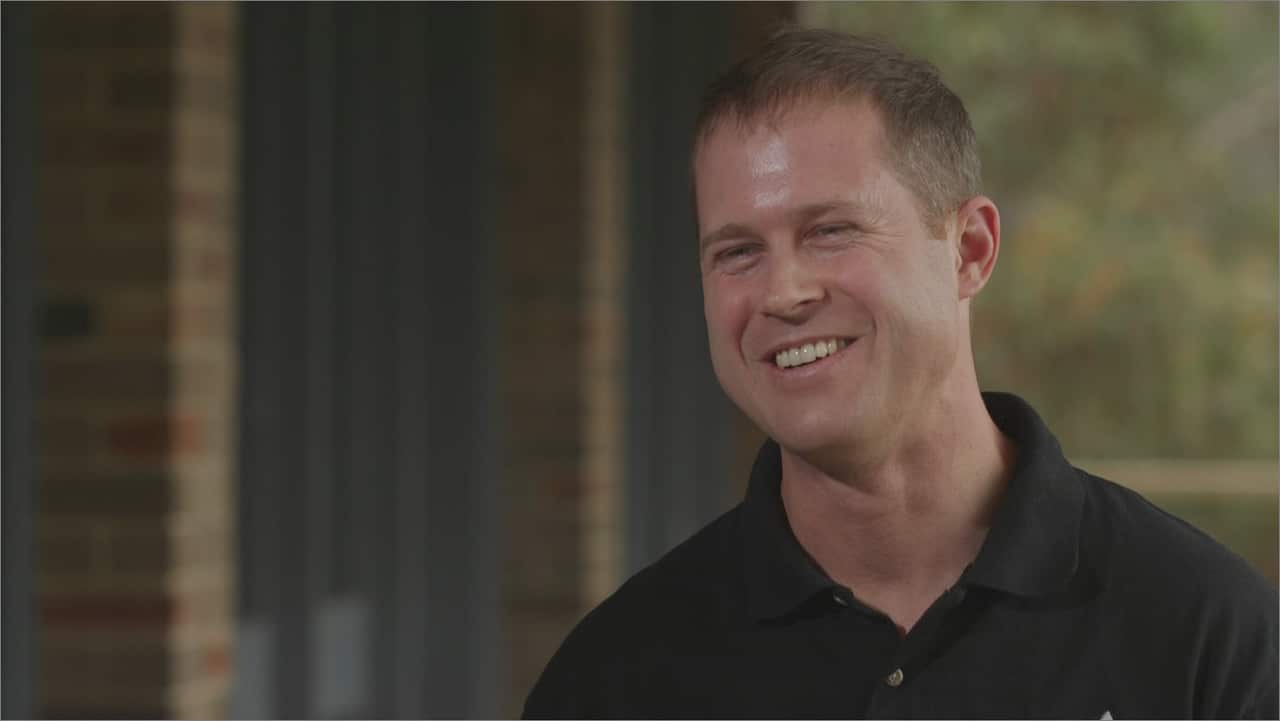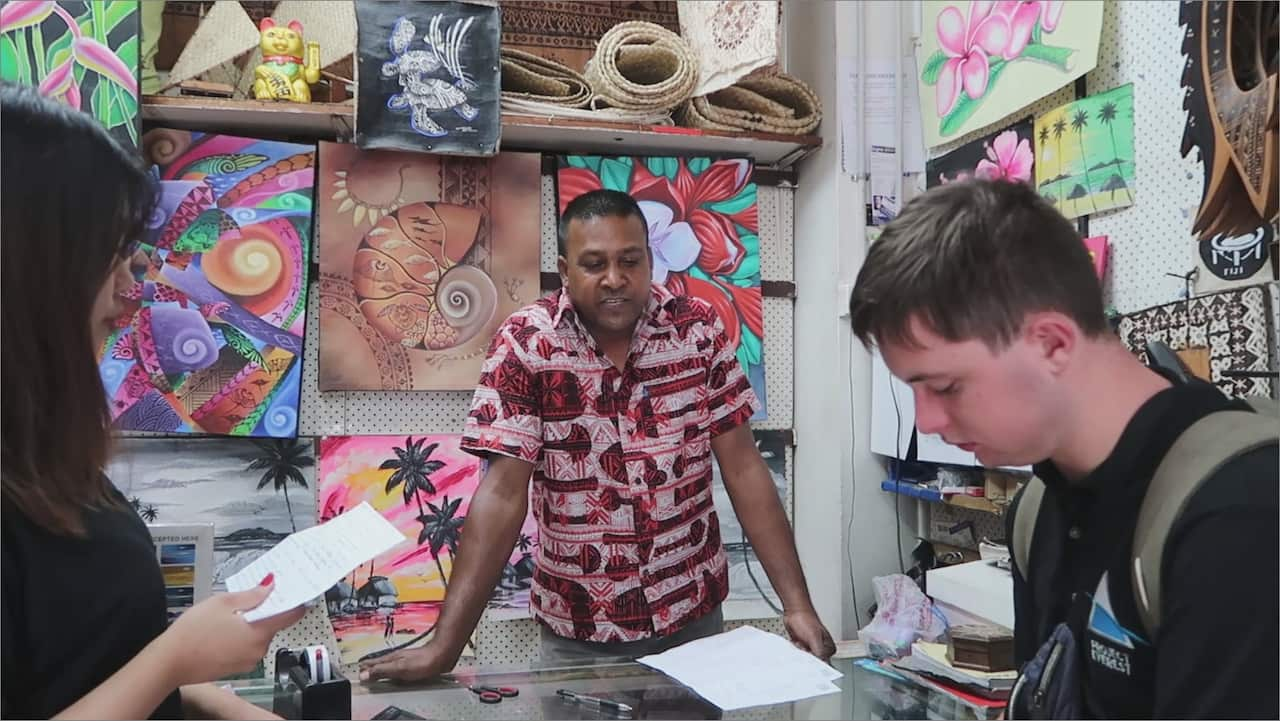Wade Tink, an ex-army officer, has drawn on military knowledge to train and scale his business, which is growing to hit $1 million in turnover in its first year.
The business, Project Everest, is a social enterprise that’s used commerce to enable and support local communities in seven developing countries since 2015.
Having simulated training scenarios helps the business create team leaders who then train others to help scale the business.
“The first success was raising US$40,000 to create a café in Nepal, which employed victims of domestic violence, but also made a profit which funded charity works,” Mr Tink said.
The business partners with universities and students pay a fee to participate in rolling out projects in developing countries. The students consult and engage with locals after being trained to build long-term solutions with local industries.
The students consult and engage with locals after being trained to build long-term solutions with local industries.

Wade Tink has been at the helm of Project Everest since 2015. Source: Supplied
In return, the students earn relevant credits towards their degree and local communities benefit from sustainable businesses that are set up to help them.
“The whole idea is to incubate these businesses in these developing countries with the idea of getting investment from western countries,” he said.
“The risk of the business rests with us and investors.”
So far Project Everest has run programs in areas including agriculture and recycling in countries such as Fiji, Timor Leste and Malawi.
Growth has been huge, but from a low base, and while it’s welcome news it does present some challenges.
“It’s definitely a challenge in the cash-flow side of trying to grow so fast and managing it,” he said.
Trying to manage cash flow has seen the business turn to venture capital funds and help the business continue growing. Mr Tink said the strong purpose of the business is to help the United Nations’ sustainable development goals end poverty, protect the planet and ensure prosperity for everyone.
Mr Tink said the strong purpose of the business is to help the United Nations’ sustainable development goals end poverty, protect the planet and ensure prosperity for everyone.

Students engage with locals to find out what their greatest need is before deciding what project will work best in a certain community. Source: Supplied
With a plan to continue growing next year, talks are already in place to speak with universities overseas.
“The European market is 422 million people versus 20 million in Australia, so that’s where we want to grow to,” he said.
Want to find out the secret to small business success? Tune into #BizSecretsSBS at Sundays 7am on SBS, stream on SBS On Demand, or follow us on Facebook, Twitter or Instagram.


